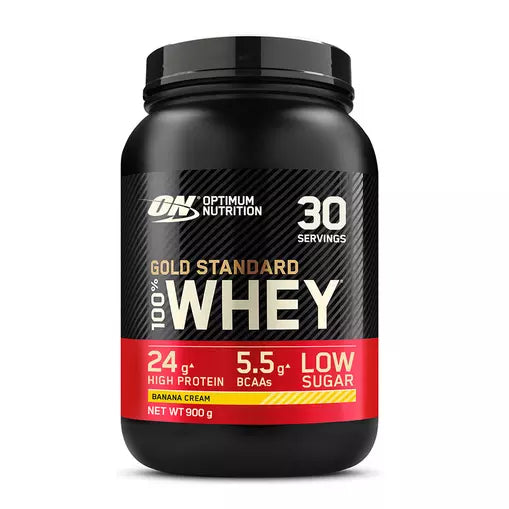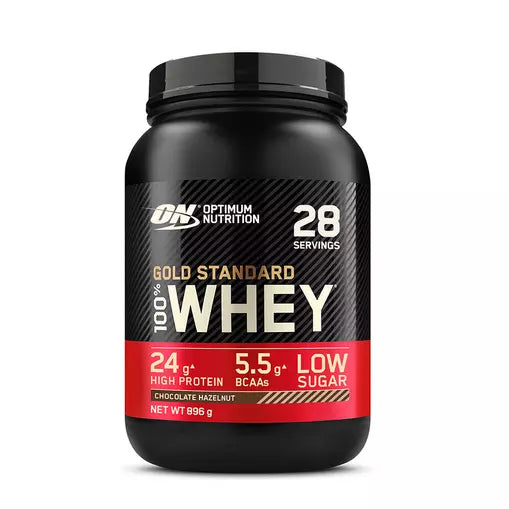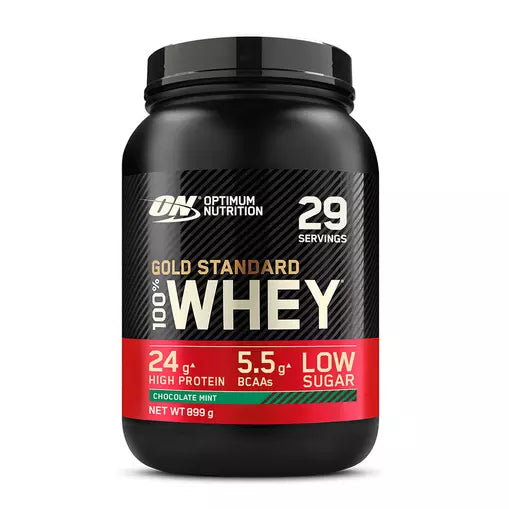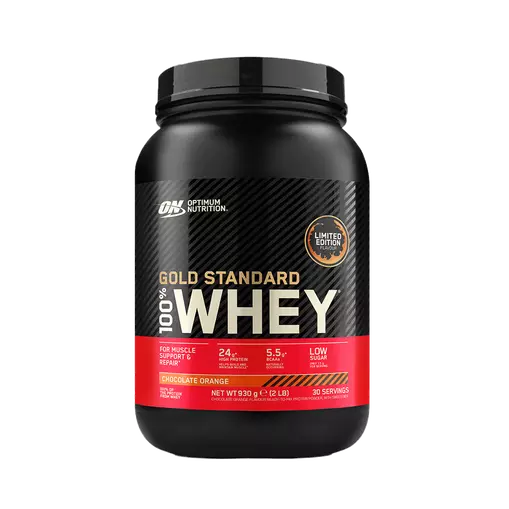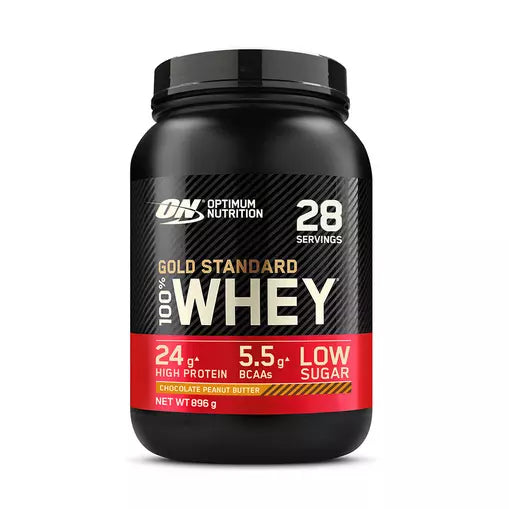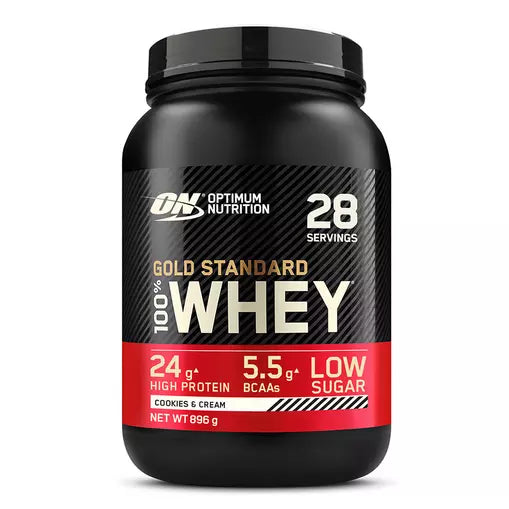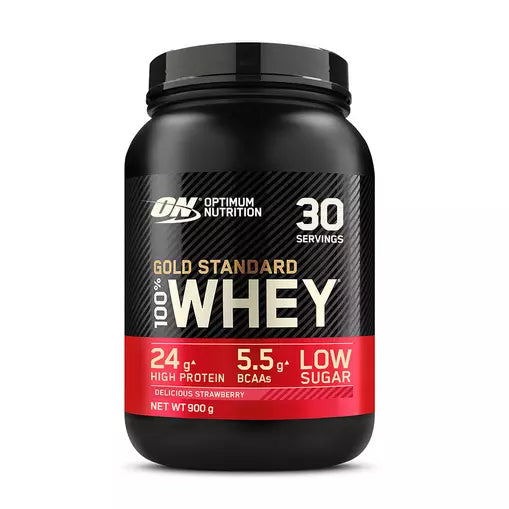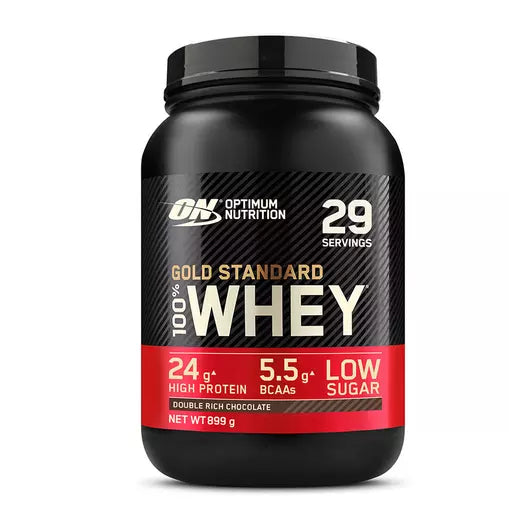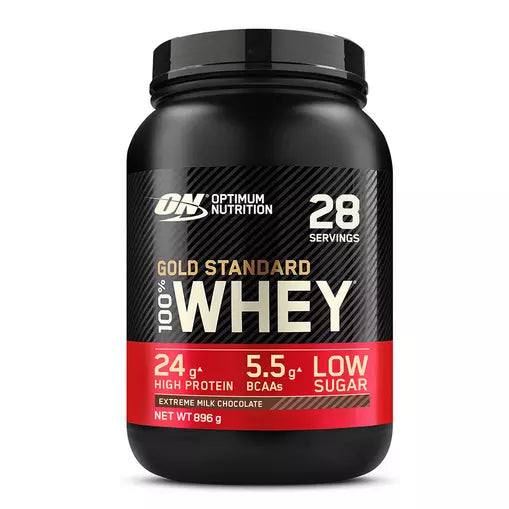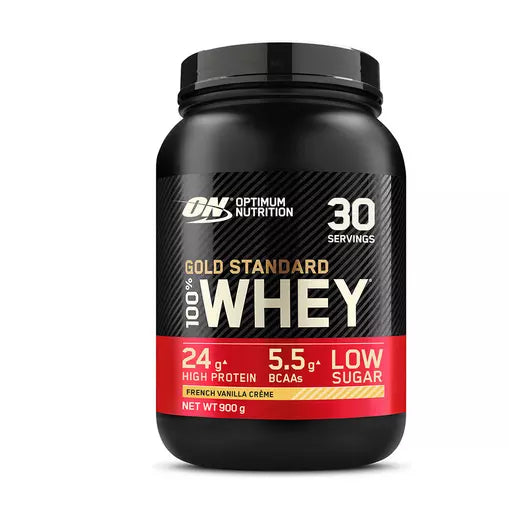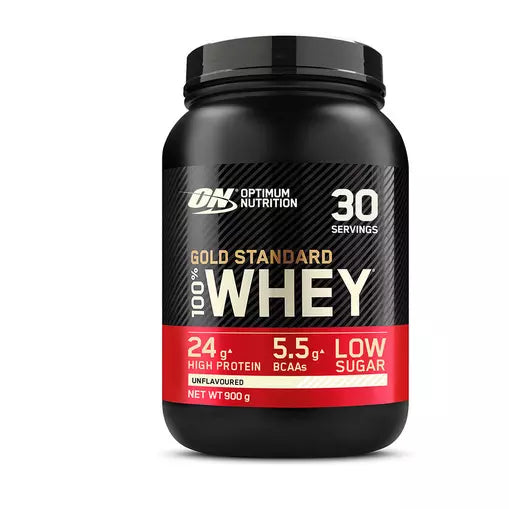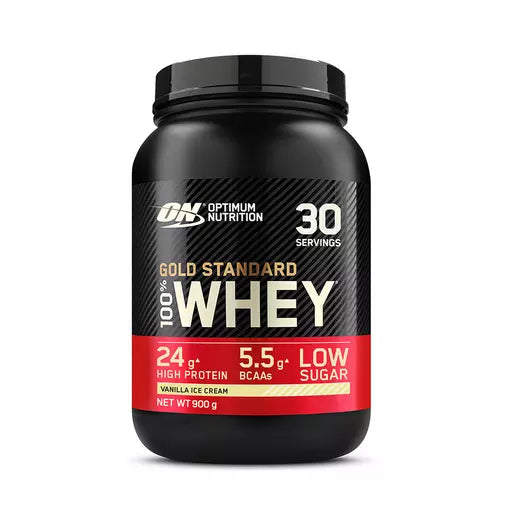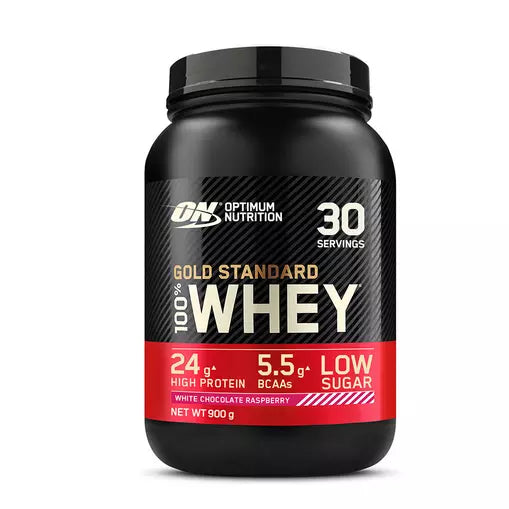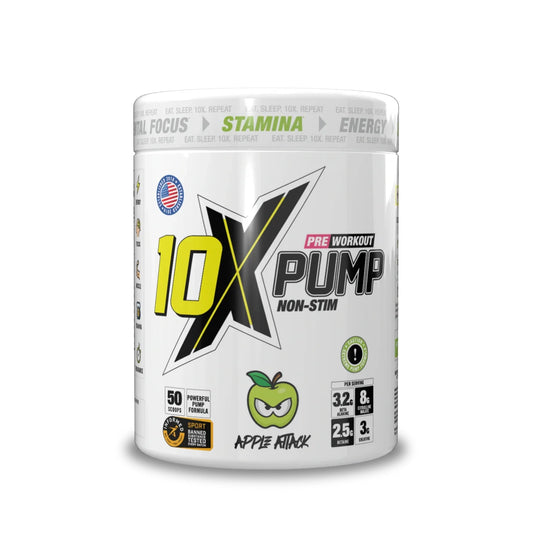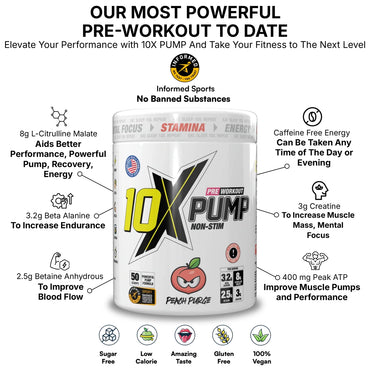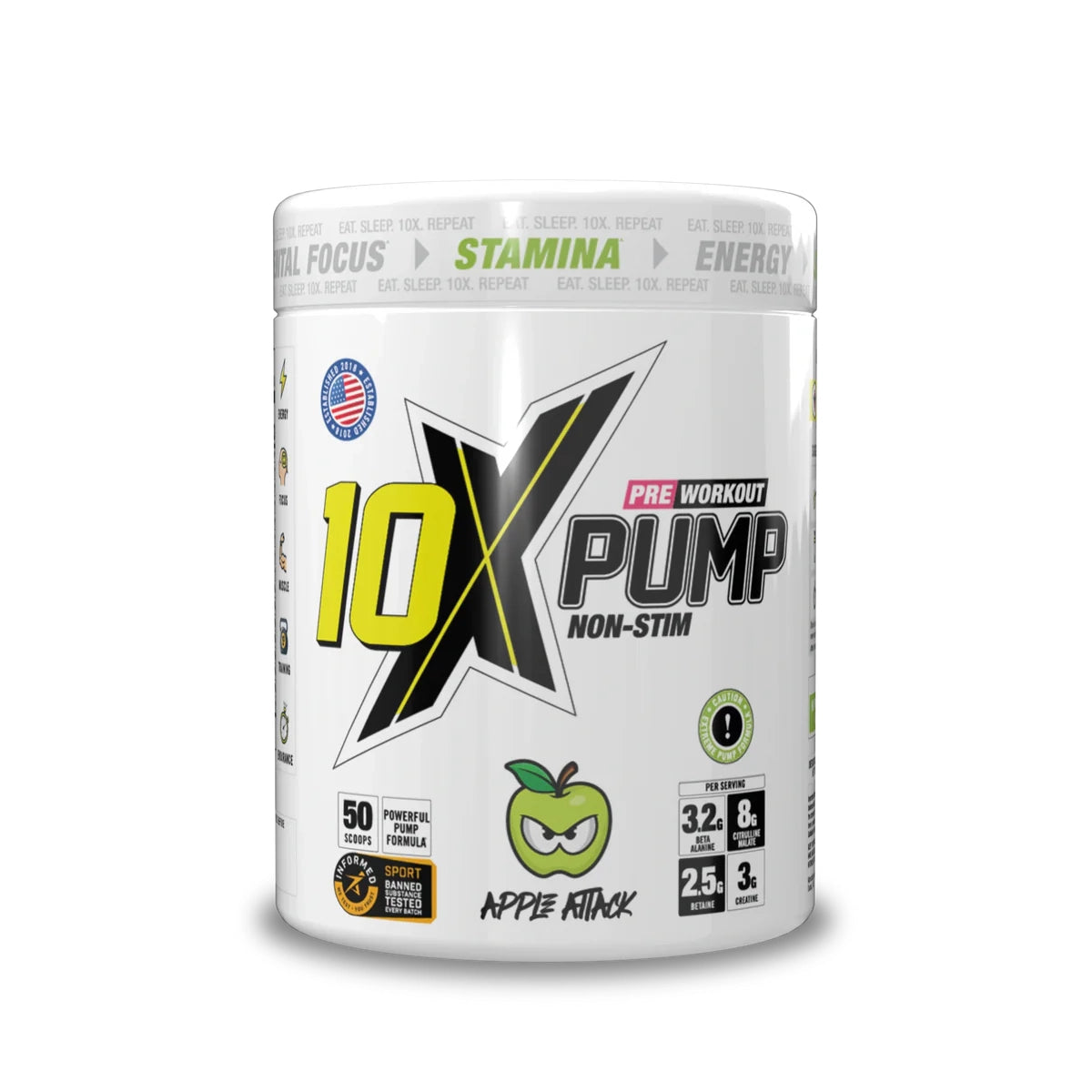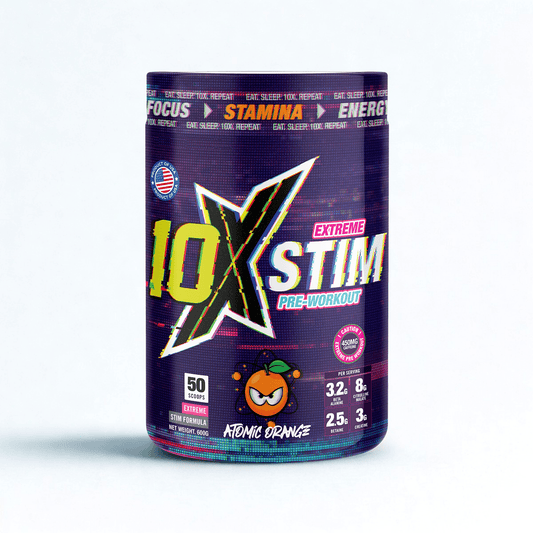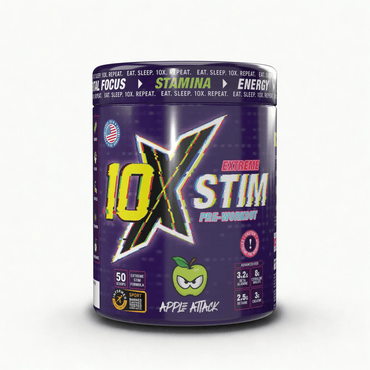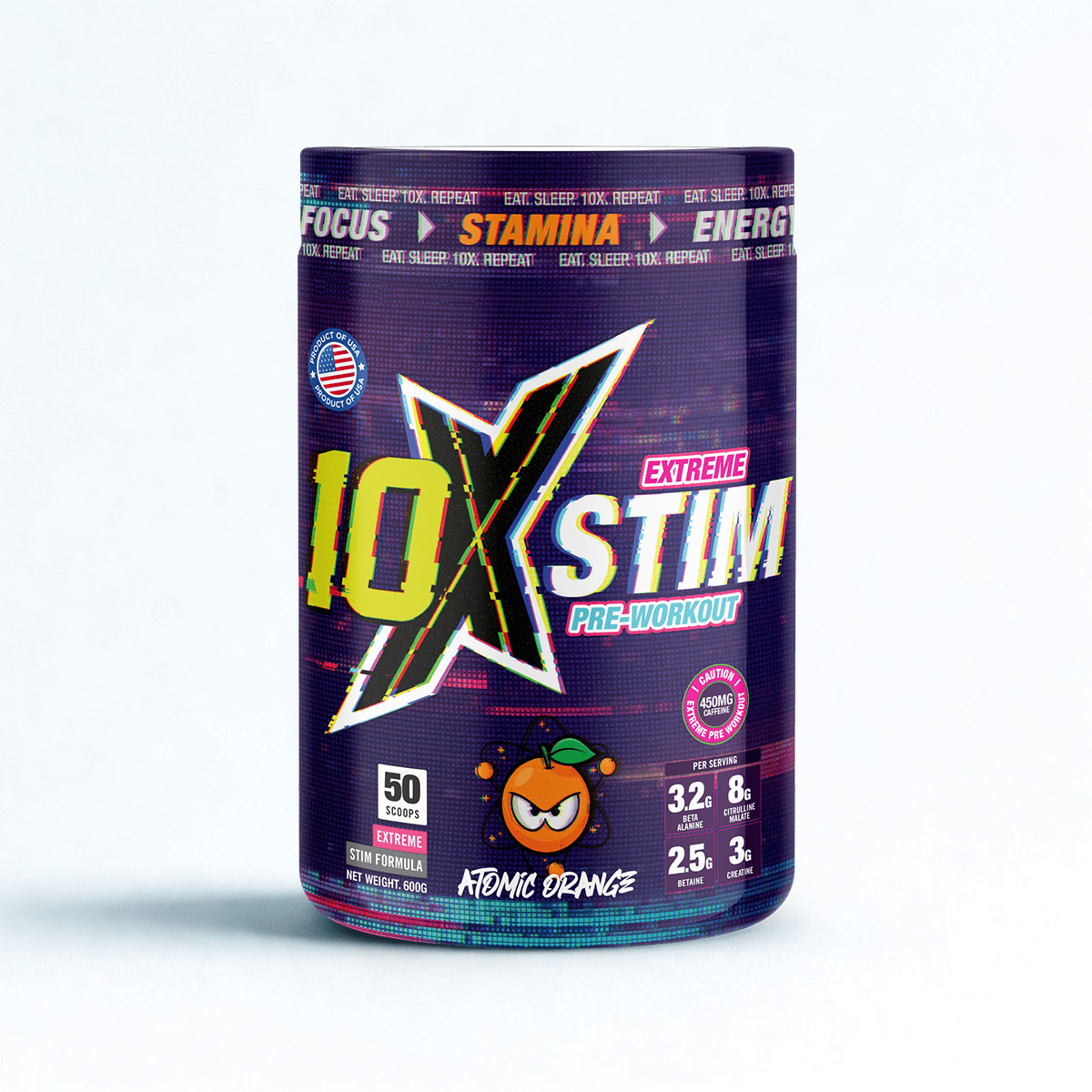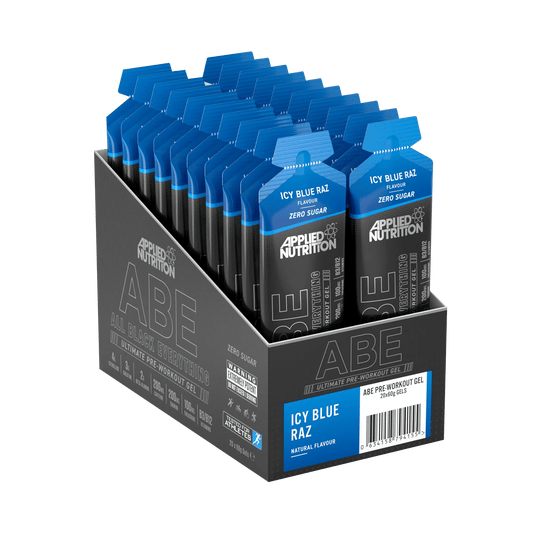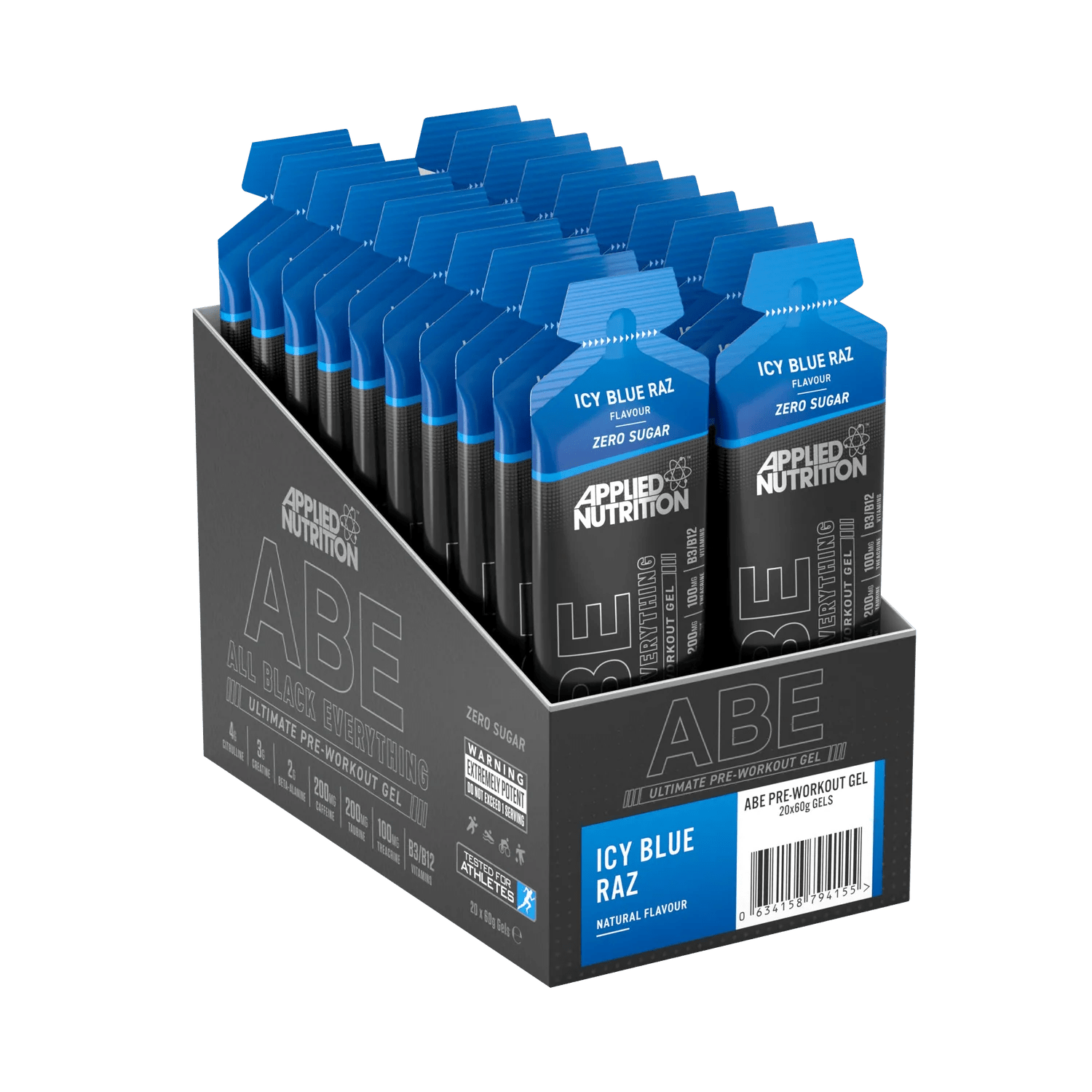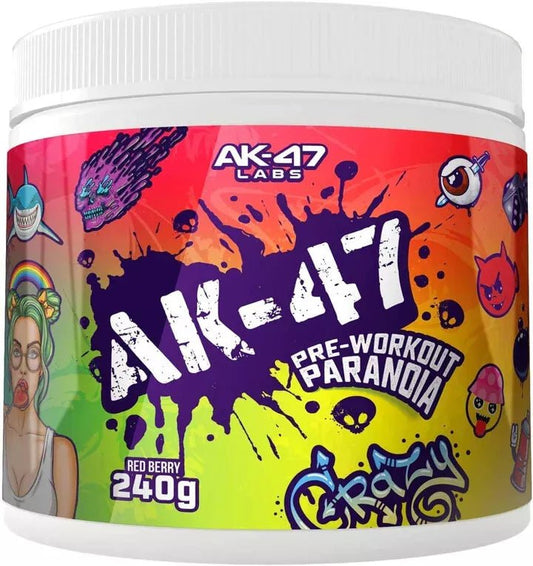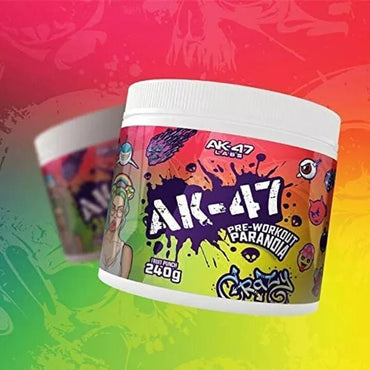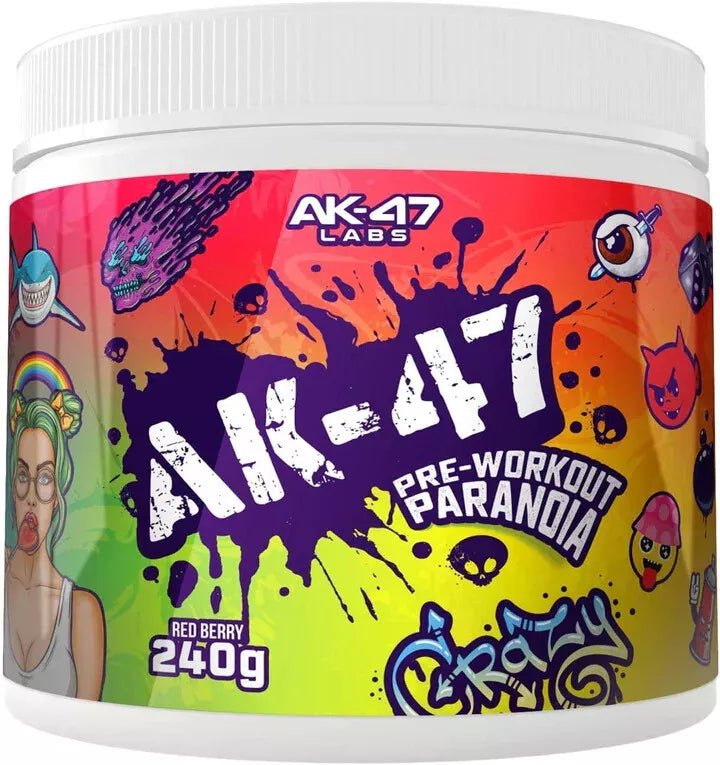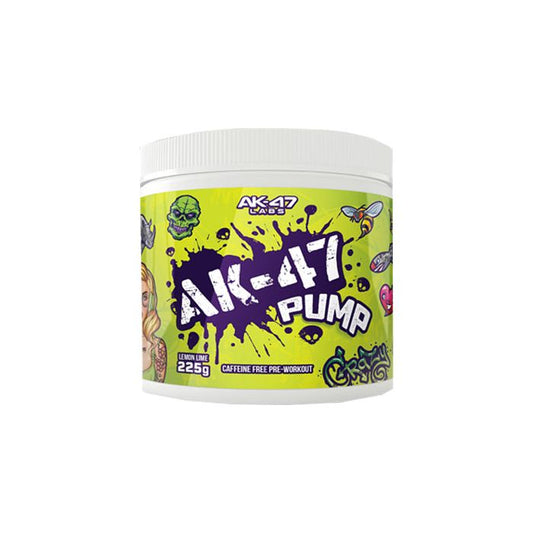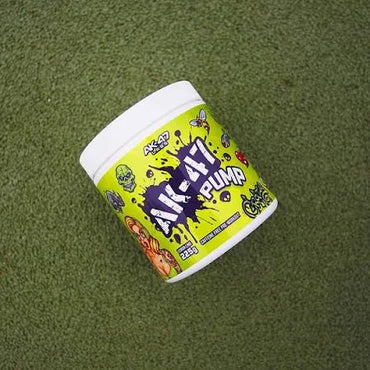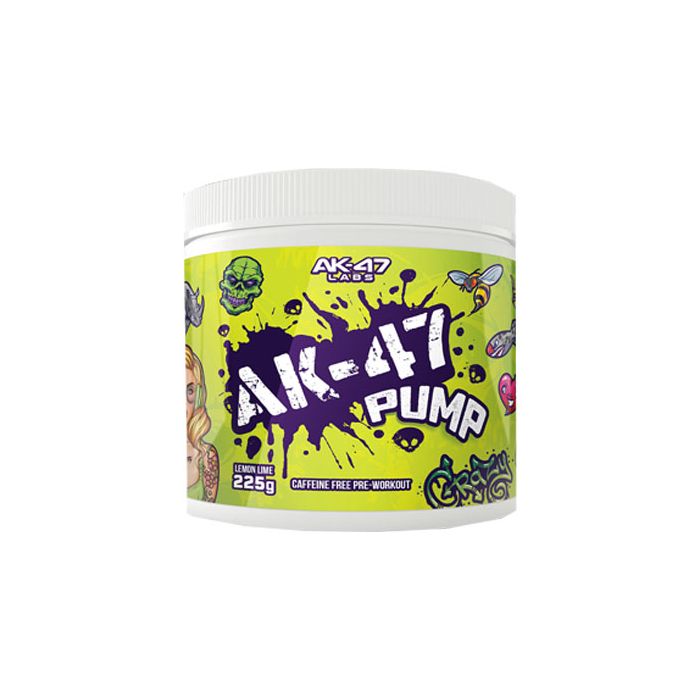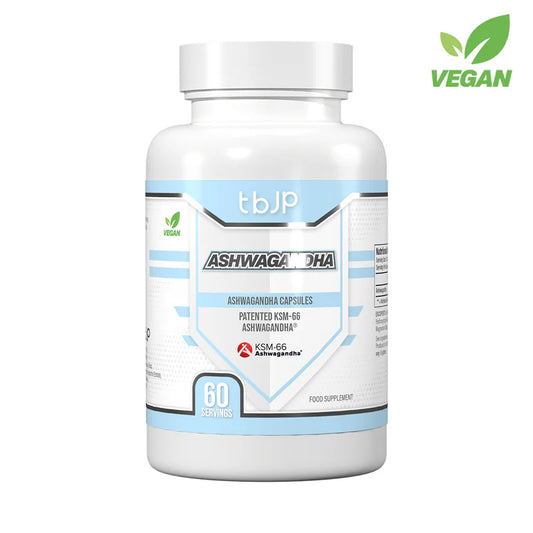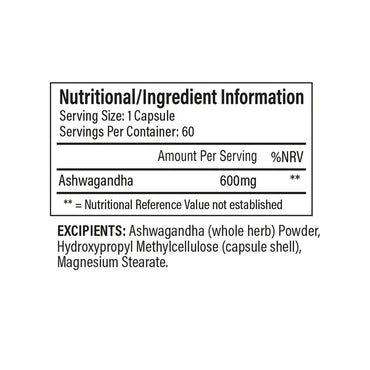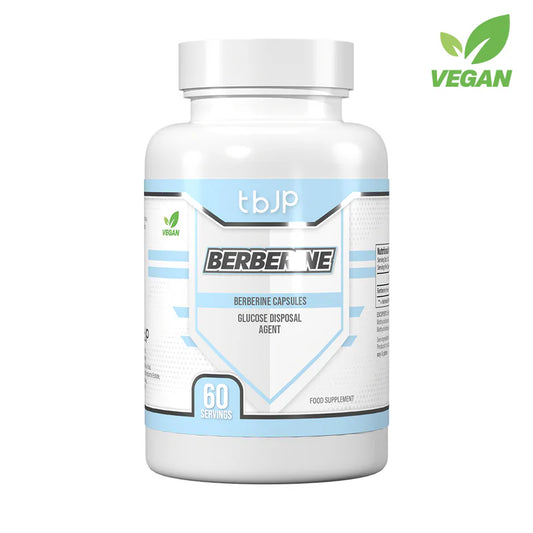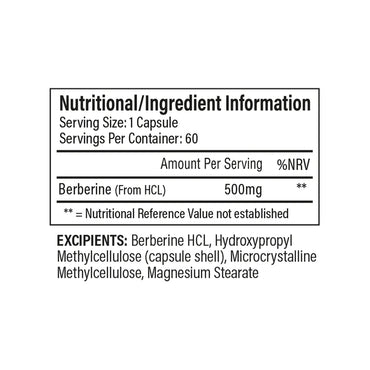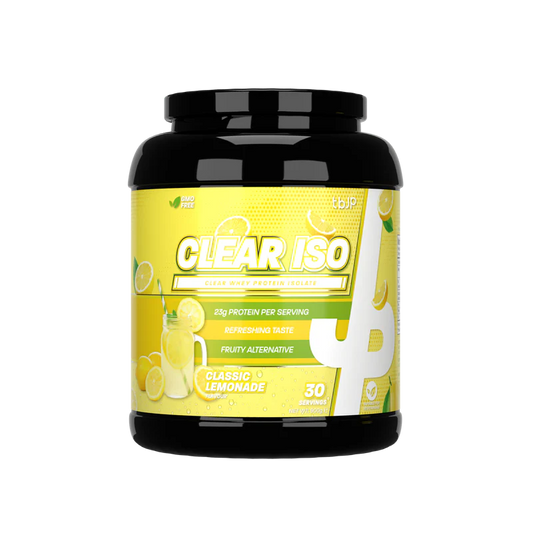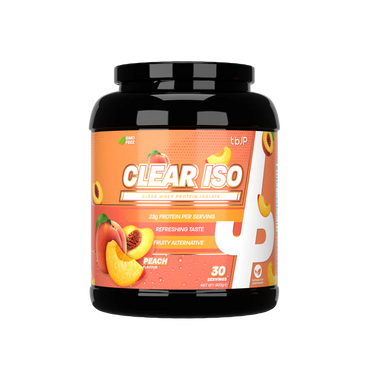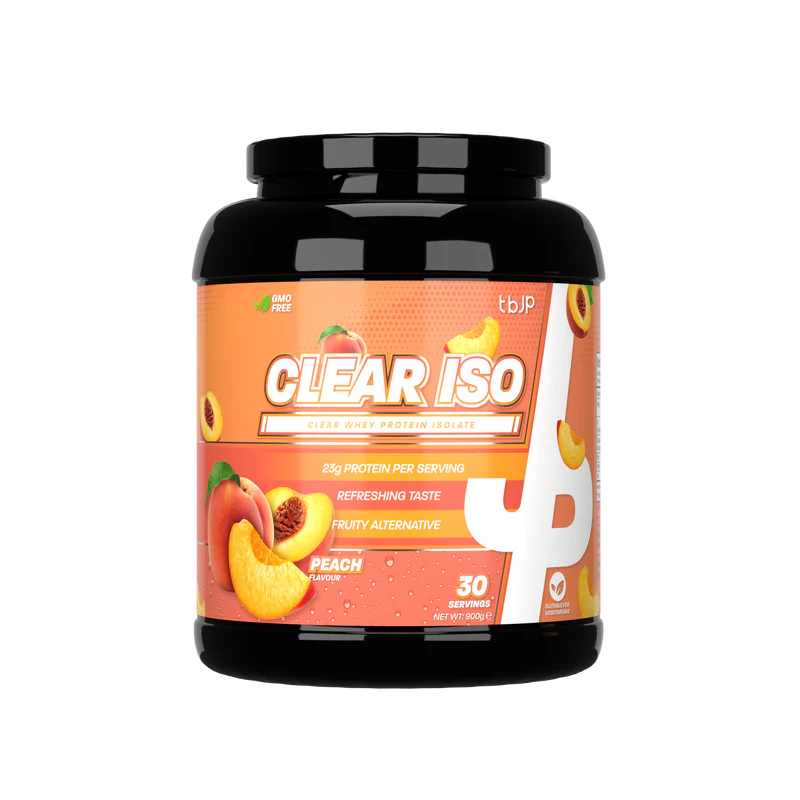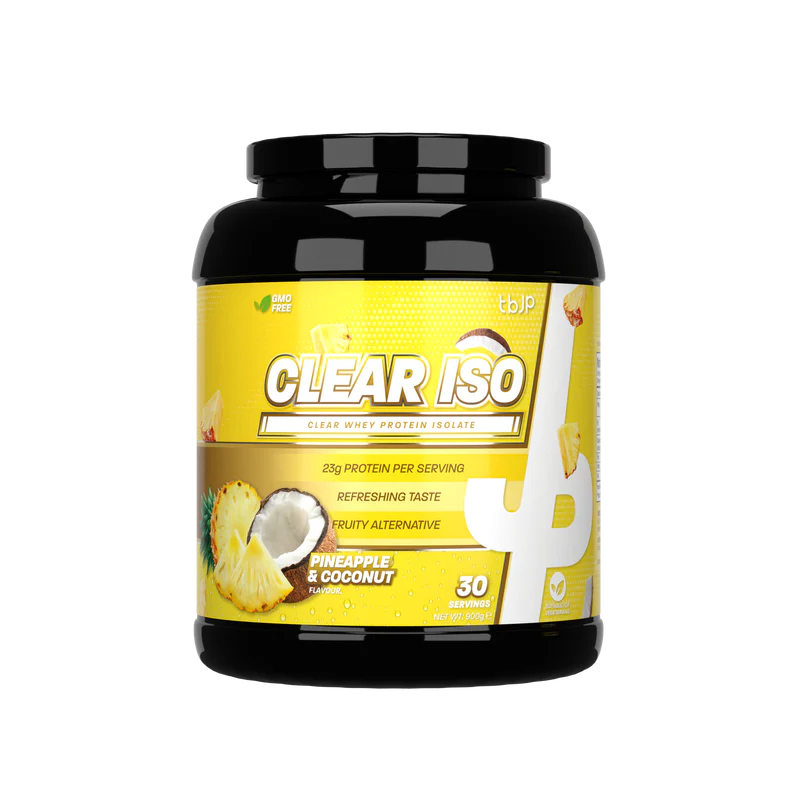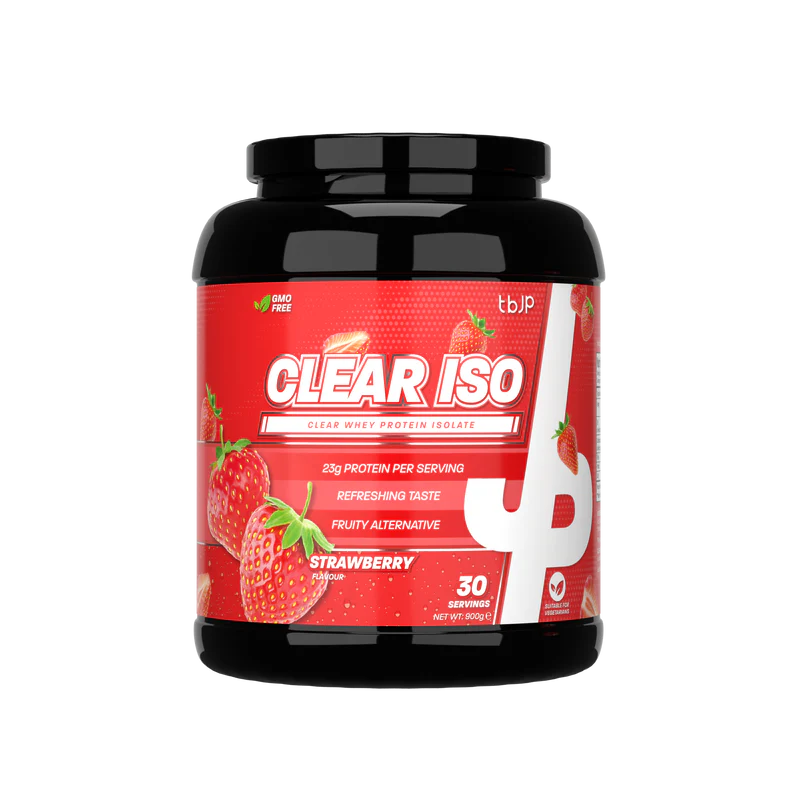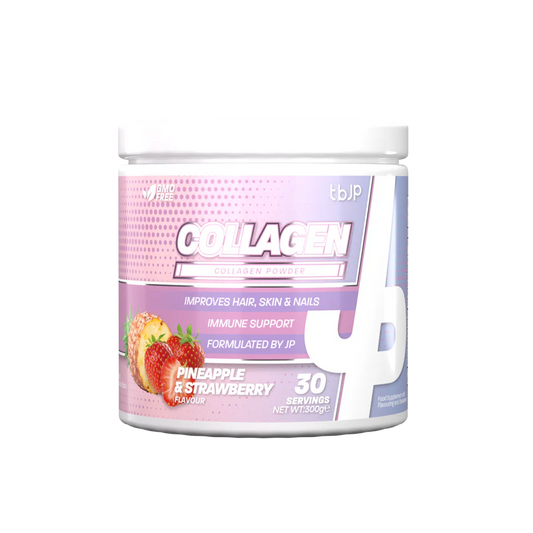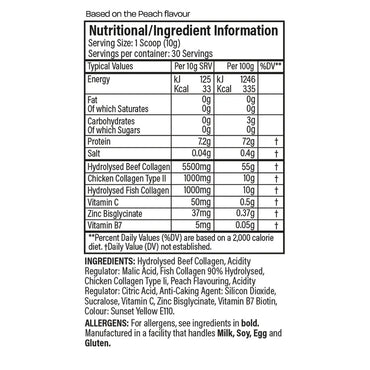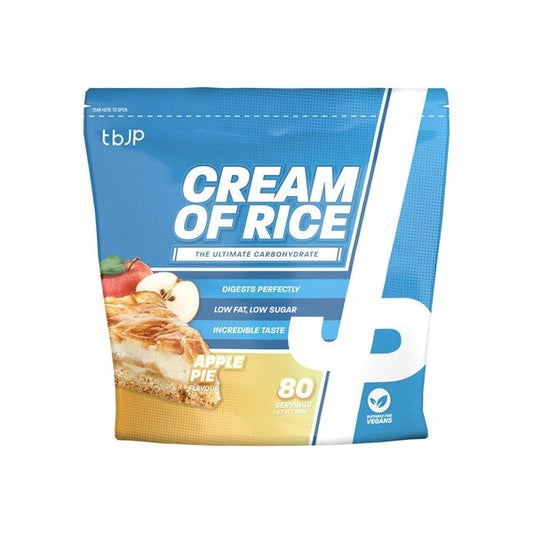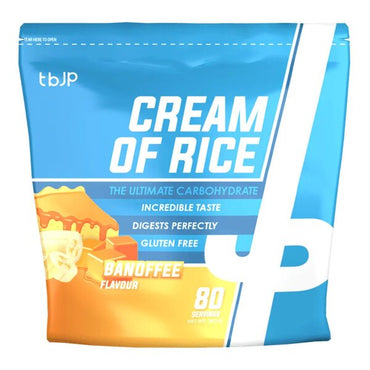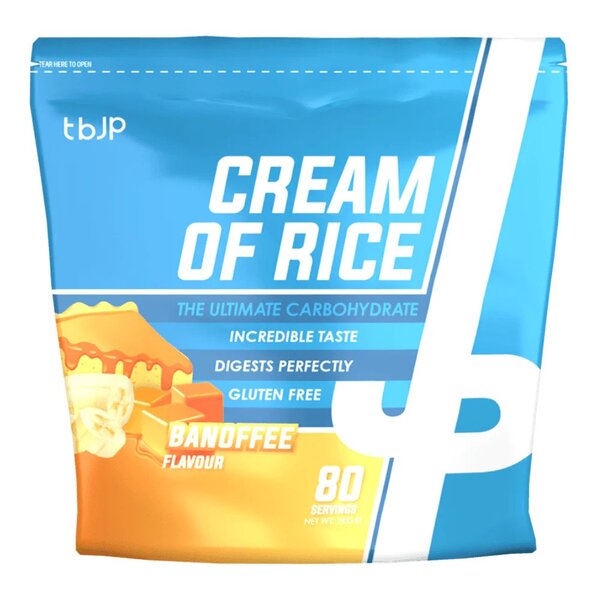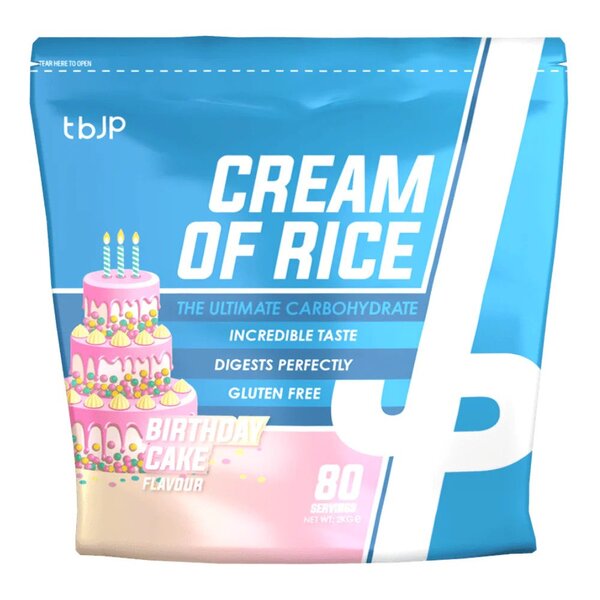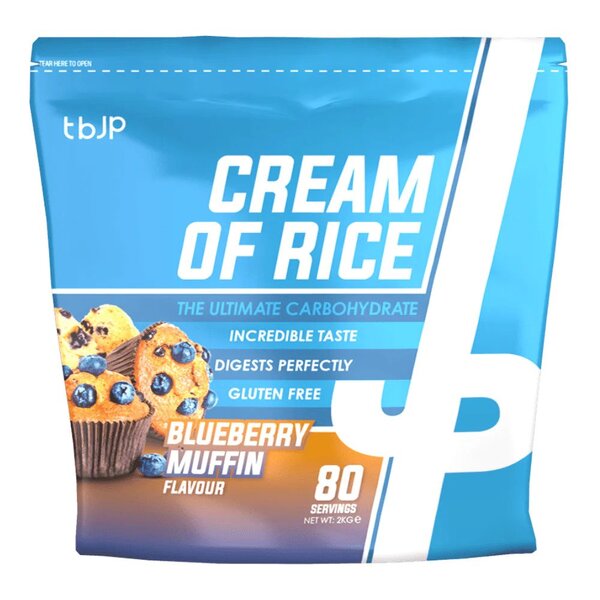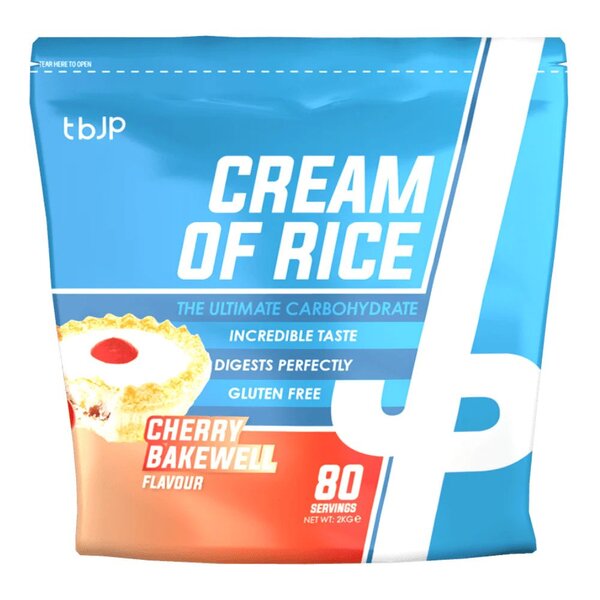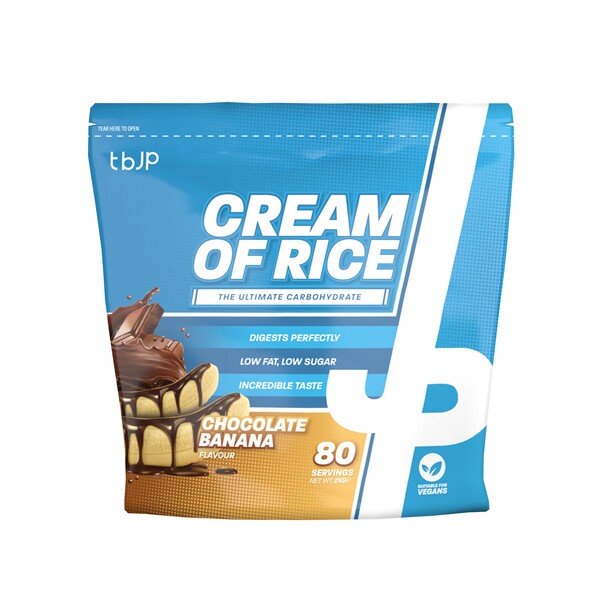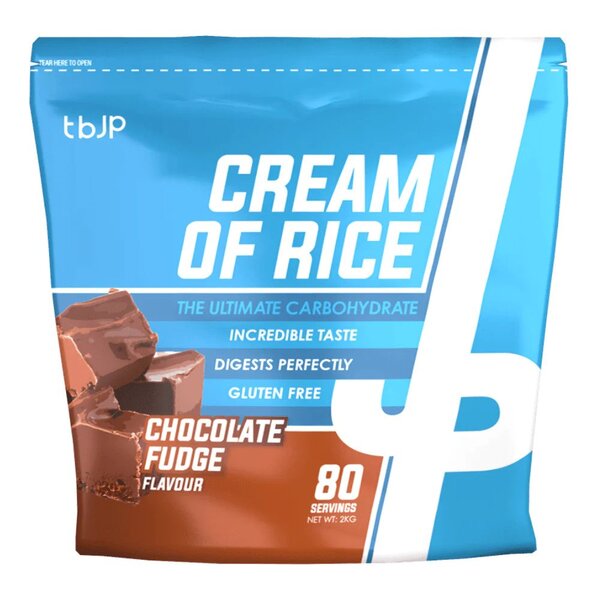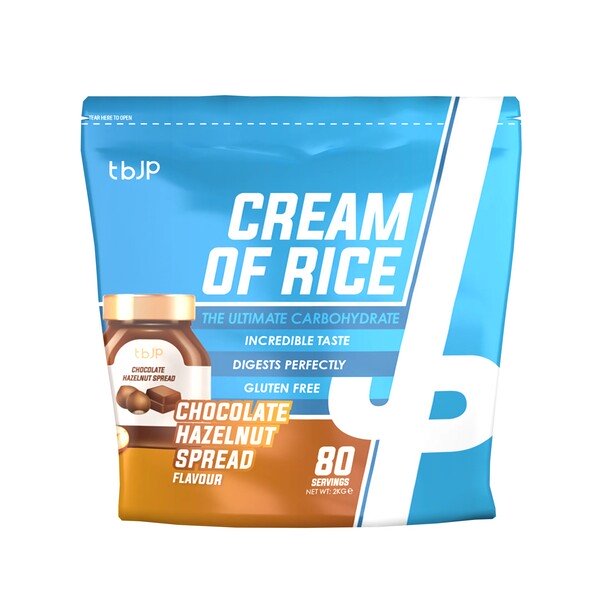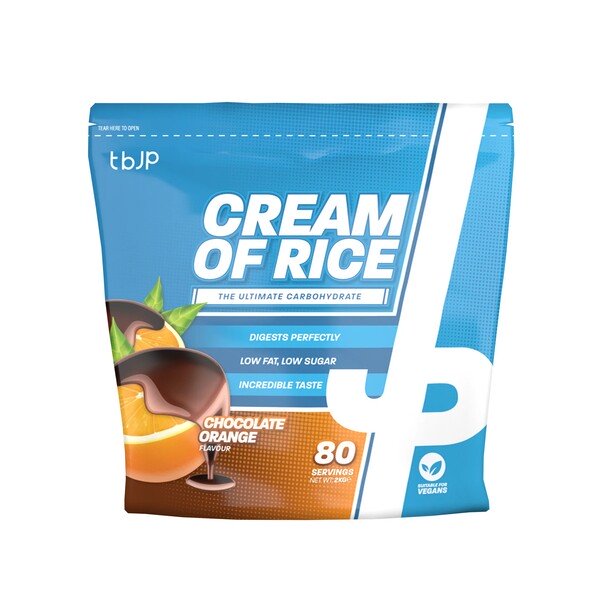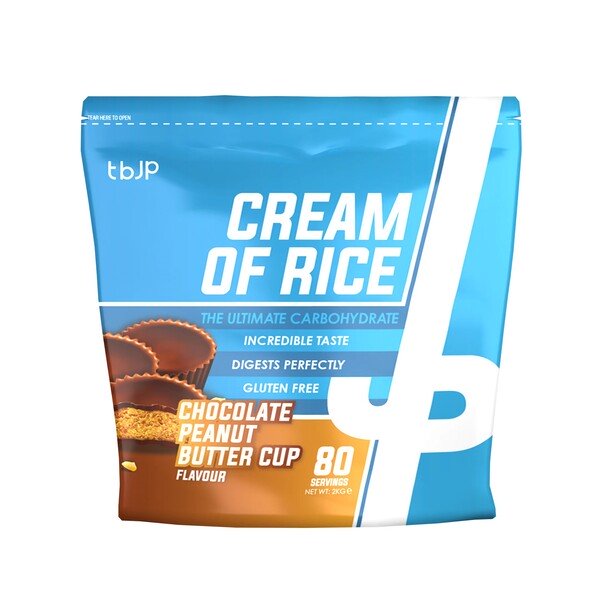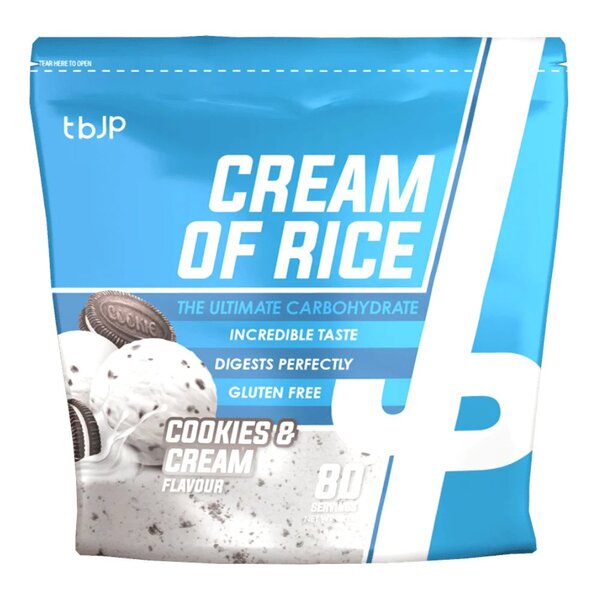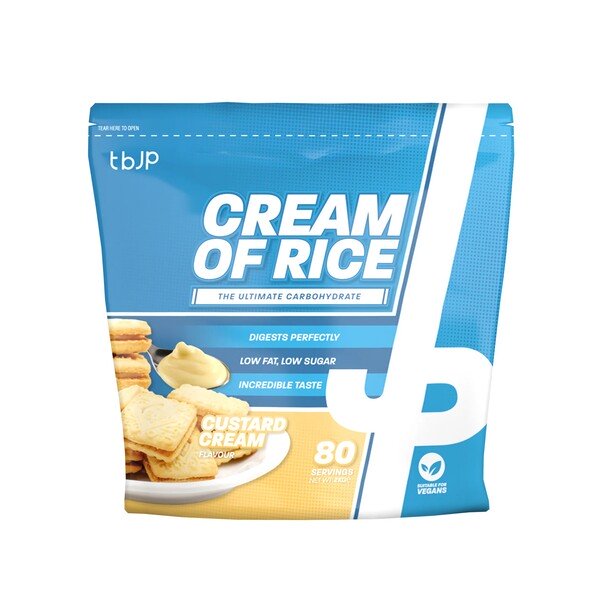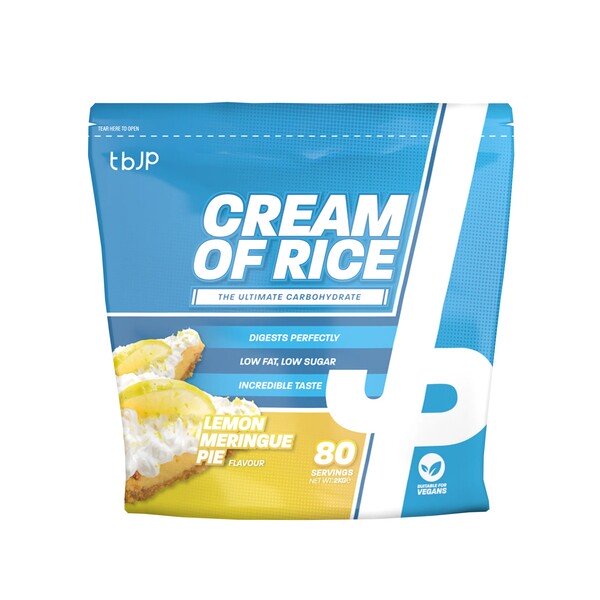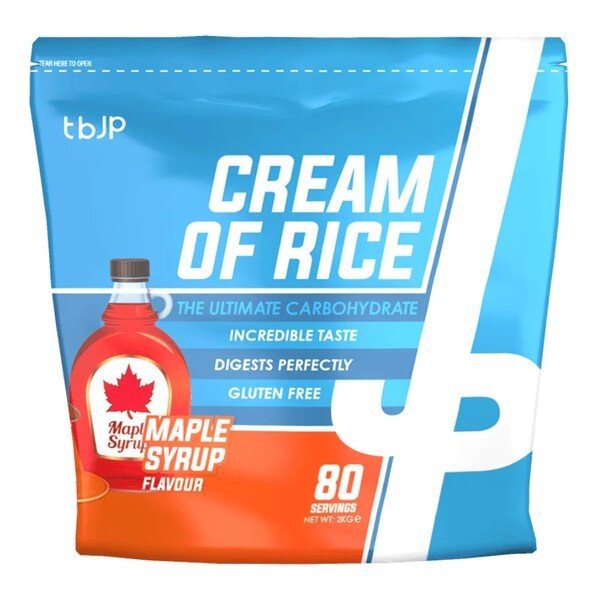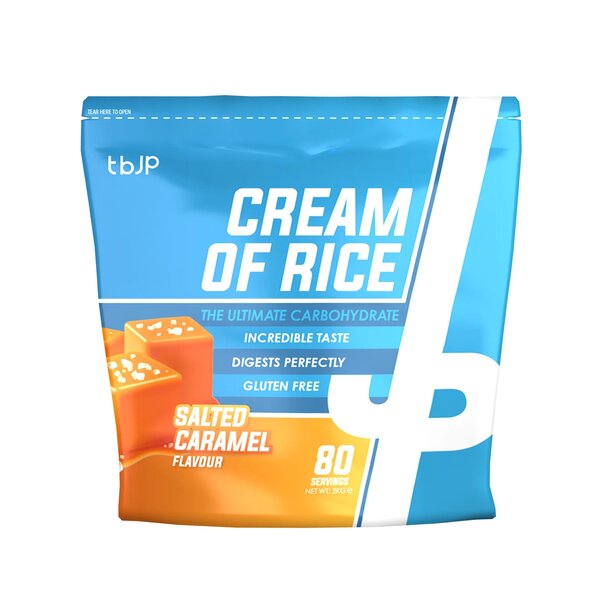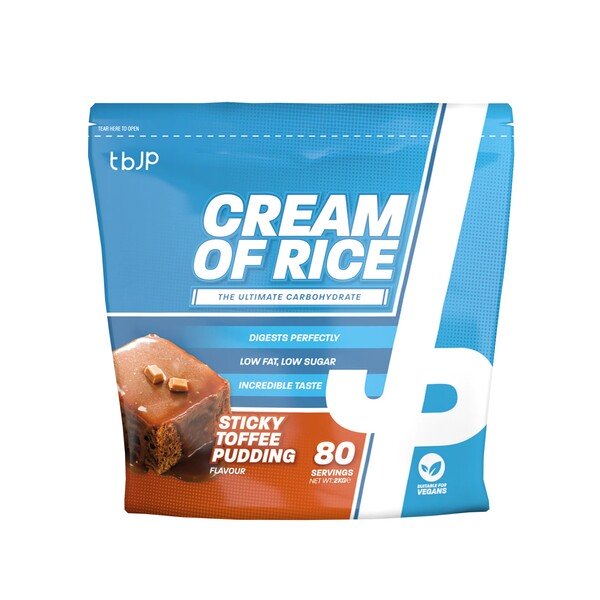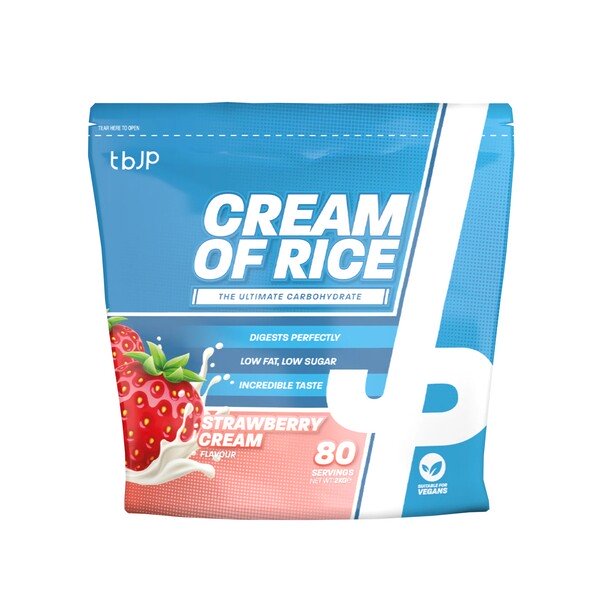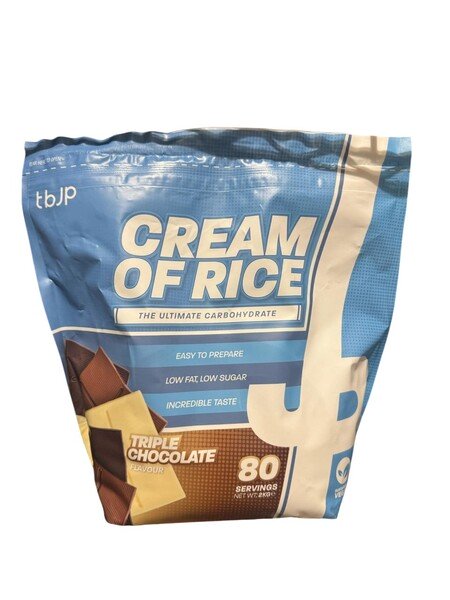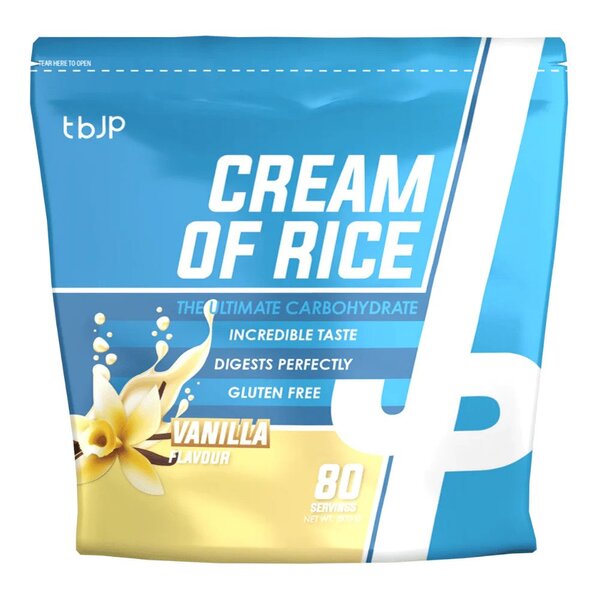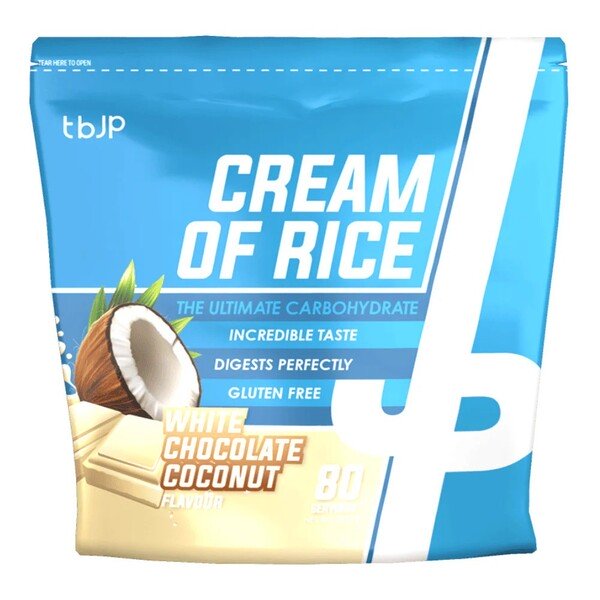This article is for informational and educational purposes only and does not constitute medical, nutritional, or fitness advice. Individual responses to supplements and ingredients can vary. Always read product labels and follow manufacturer directions. If you are pregnant, breastfeeding, under 18, have a medical condition, or take any medication, consult a qualified healthcare professional before using supplements. If you experience unwanted effects, stop use and seek professional advice.
Pre-Workout Nutrition: What to Eat and When
Pre-workout nutrition focuses on making thoughtful food choices before exercise to help support energy levels and overall training readiness. Understanding what to eat and when to eat can help you feel more comfortable and prepared for different types of workouts.
Why Pre-Workout Nutrition Matters
Eating before training helps provide the body with energy and nutrients needed to support physical activity. The type and amount of food consumed can vary depending on the duration, intensity, and style of exercise.
For example, a short, high-intensity session may require different preparation compared to longer endurance-based training. Learning how your body responds to different foods can help guide your choices.
Meal Timing Before Exercise
Timing plays an important role in pre-workout nutrition. Eating too close to exercise may cause discomfort for some individuals, while eating too far in advance may leave you feeling low on energy.
- 2–3 hours before training: A balanced meal containing carbohydrates, protein, and a small amount of fat.
- 30–60 minutes before training: A lighter snack that is easy to digest.
Finding the timing that works best for you may take some experimentation.
Carbohydrates: A Common Energy Source
Carbohydrates are commonly used by the body as an energy source during exercise. Different types of carbohydrates digest at different rates.
- Slower-digesting options: Foods such as oats, rice, or whole-grain bread are often chosen for meals eaten several hours before training.
- Faster-digesting options: Fruits, yogurt, or simple carbohydrate snacks may be preferred closer to workout time.
Including carbohydrates in your pre-workout meal or snack can help support training energy, depending on individual tolerance.
Protein Before Training
Protein is included in pre-workout meals by many people as part of a balanced approach to nutrition. Common protein-containing foods include dairy products, lean meats, eggs, legumes, and plant-based protein options.
Combining protein with carbohydrates is a common strategy, particularly for those following structured training routines.
Dietary Fats: Keep Portions Moderate
Fats are an important part of a balanced diet but digest more slowly than carbohydrates and protein. For this reason, many people keep fat intake moderate in meals eaten closer to training.
Small amounts of fats from foods such as nuts, seeds, or avocado may be included depending on personal preference and digestion.
Hydration Considerations
Staying hydrated is an important part of preparing for exercise. Fluid needs can vary depending on climate, activity level, and individual sweat rates.
Many people aim to drink water regularly throughout the day and consume additional fluids in the hours leading up to training.
Electrolytes and Longer Training Sessions
For longer training sessions or exercise performed in warmer conditions, some individuals choose to include electrolyte-containing drinks. These can help replace minerals lost through sweat.
Electrolyte use is often based on training duration, intensity, and personal preference.
Planning Ahead
Preparing meals or snacks in advance can make pre-workout nutrition easier to manage. Planning helps ensure suitable food options are available when needed and reduces last-minute decisions.
A balanced pre-workout meal typically includes a combination of carbohydrates, protein, and a small amount of fat, adjusted to suit timing and individual tolerance.
Final Thoughts
Pre-workout nutrition is a personal process that involves understanding your training demands, food preferences, and digestion. Paying attention to timing, food choices, and hydration can help support a more comfortable and prepared training experience.
Experimenting with different options and listening to your body can help you find an approach that fits your routine and lifestyle.
